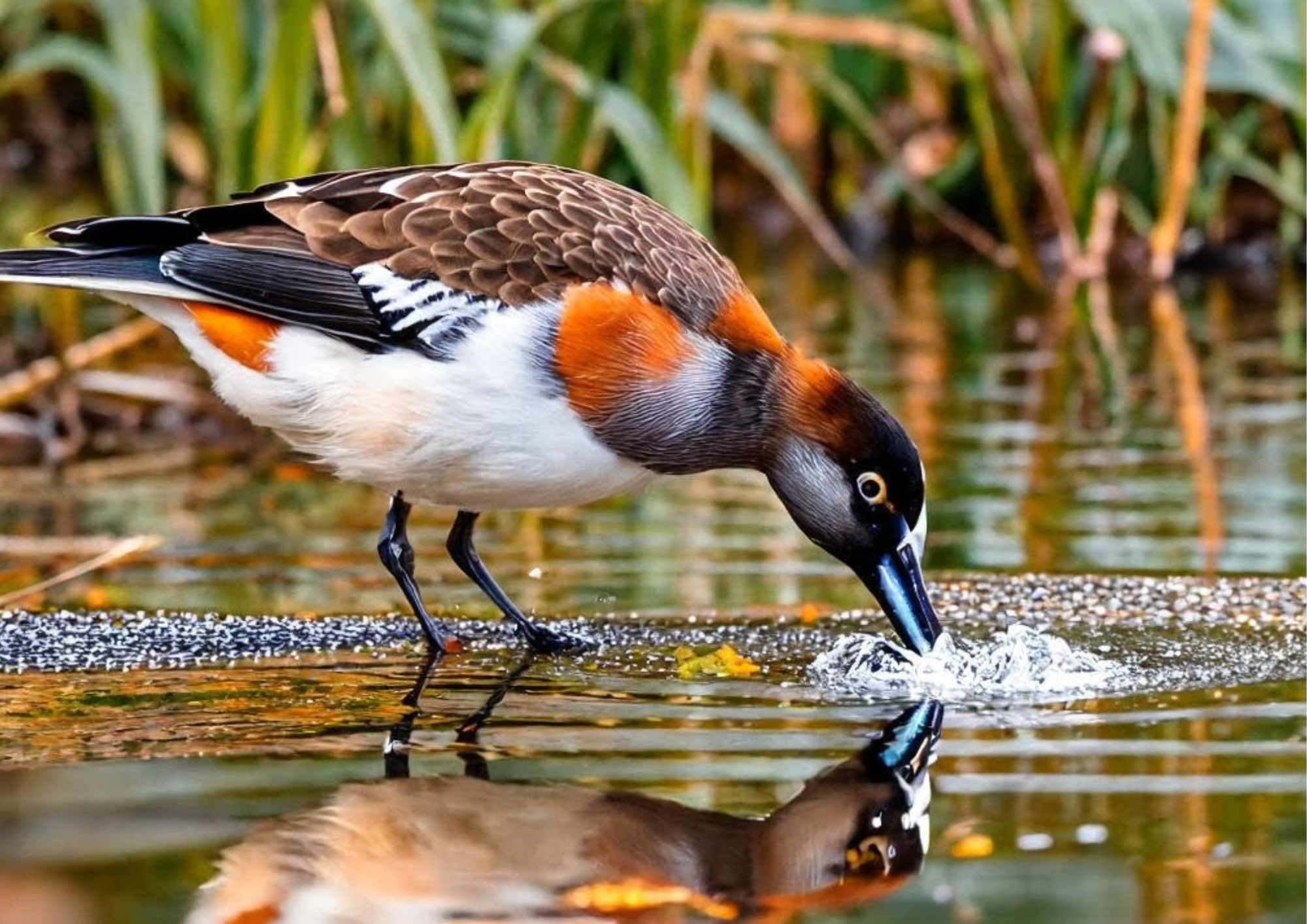A comprehensive effort is underway to rejuvenate the natural environment in Hull and East Yorkshire through the development of a new initiative known as the Local Nature Recovery Strategy (LNRS). This strategy is designed to pinpoint local priorities for nature recovery, proposing methods to both enhance existing nature hotspots and establish new habitats across the region.
The LNRS is a collaborative venture involving the two local councils and various nature organizations, operating as part of a broader national government scheme. Hull City councillor Julia Conner emphasized the importance of finding innovative ways to support nature within an urban landscape. She expressed the council's commitment to recognizing open spaces as versatile areas that can serve various purposes, including fostering biodiversity and promoting nature.
The LNRS is a crucial component introduced under the new Environment Act, aiming to provide a coordinated and strategic approach to nature recovery. This initiative is not only aligned with regional objectives but also plays a role in managing the government's Environmental Land Management Scheme. This scheme involves providing payments to farmers and landowners who contribute to environmental benefits.
Councillor Paul West, the cabinet member for environment at the East Riding of Yorkshire Council, stressed the importance of ensuring that the LNRS meets the diverse needs of communities, farmers, businesses, and wildlife. He encouraged active participation from the community, urging residents to engage in surveys and workshops associated with the LNRS. By doing so, individuals become integral contributors to a greener and more sustainable future for both Hull and East Yorkshire.

